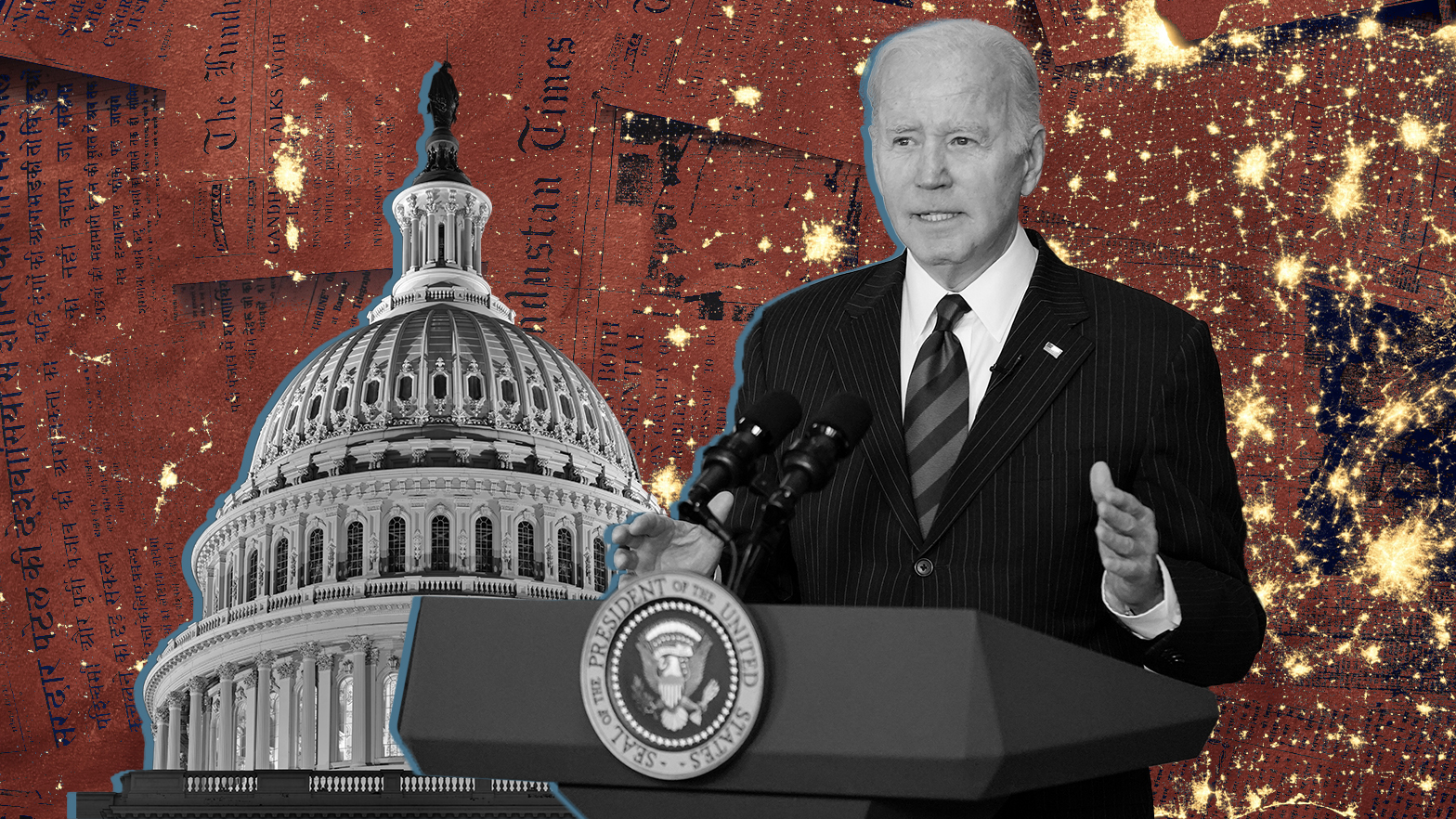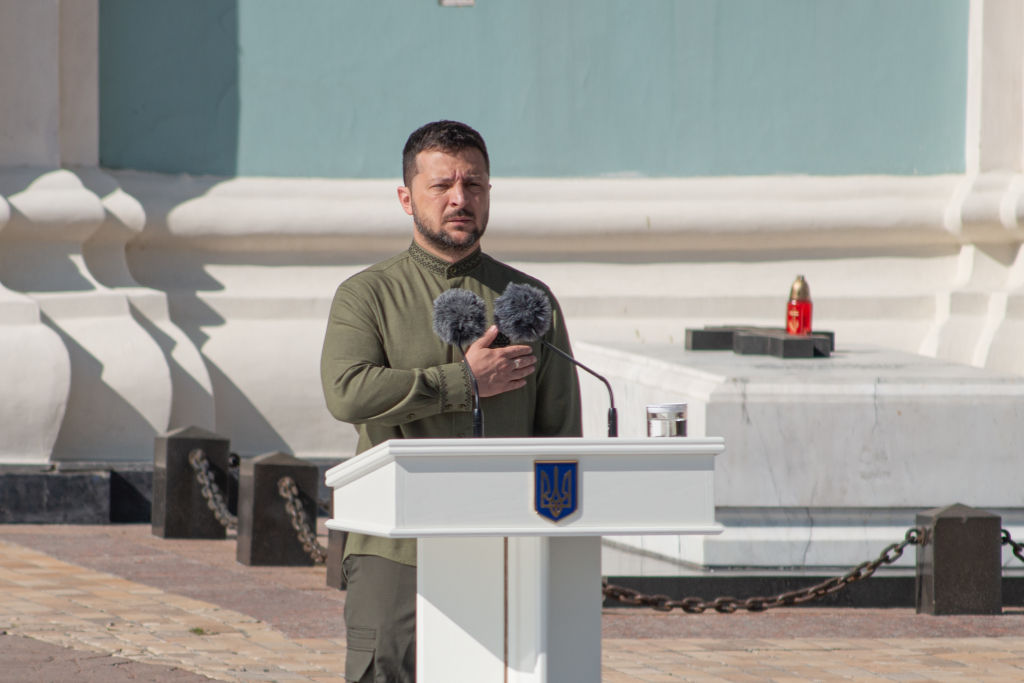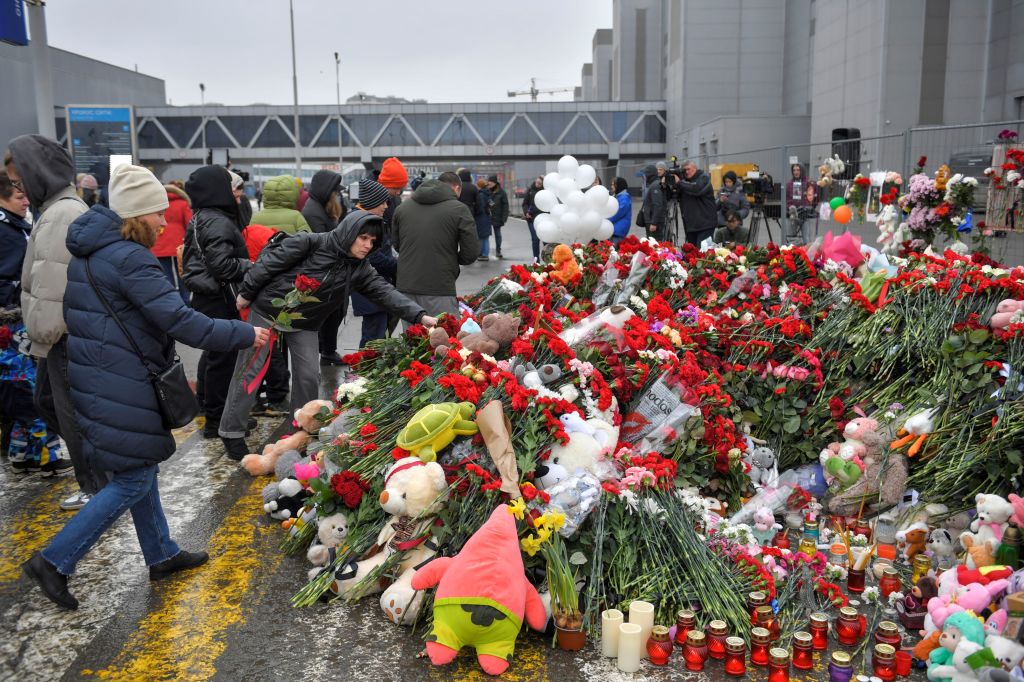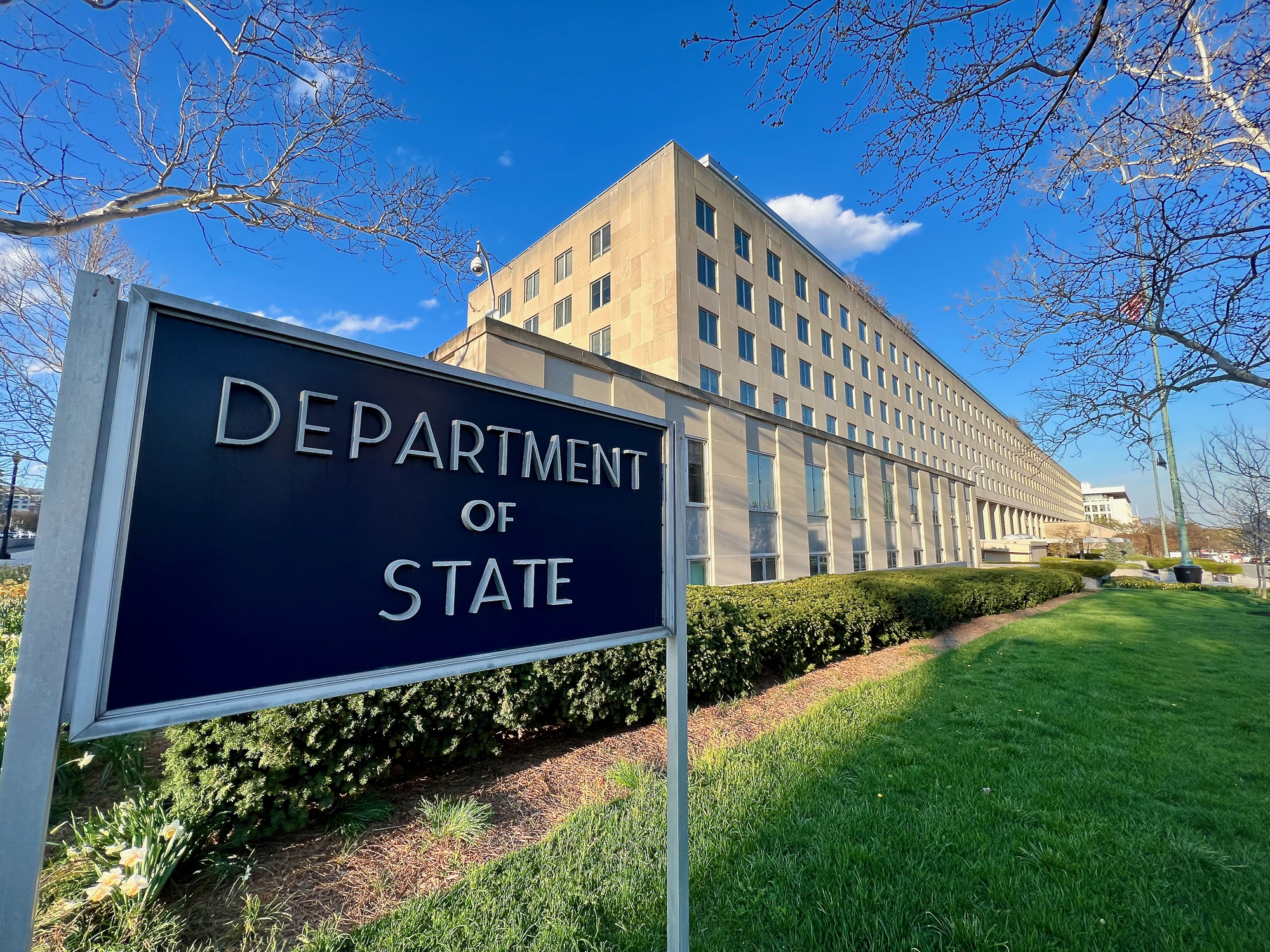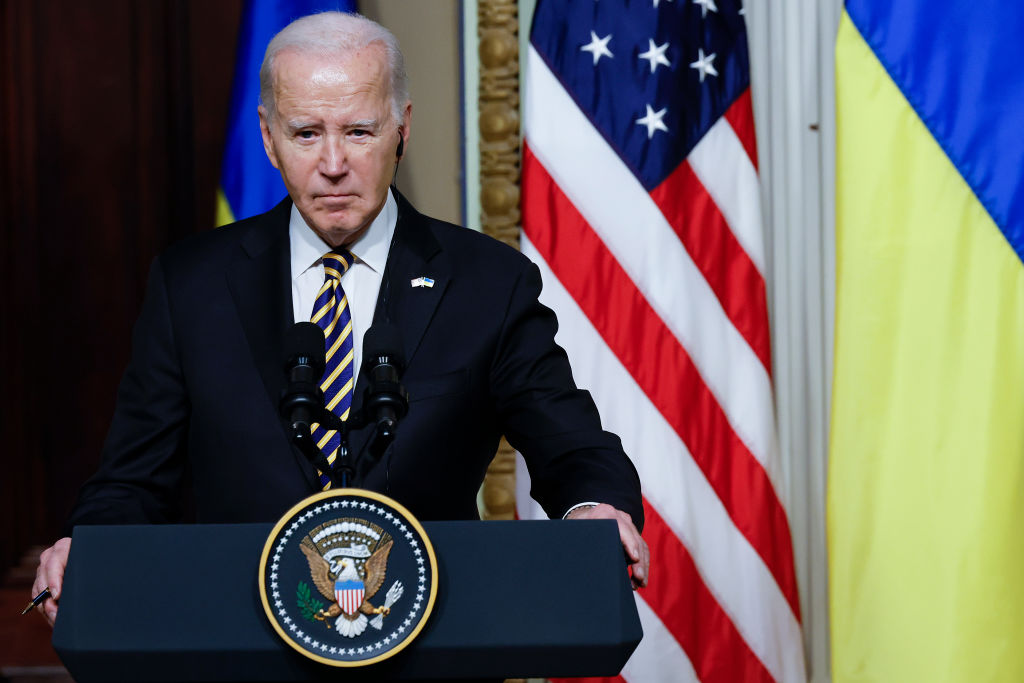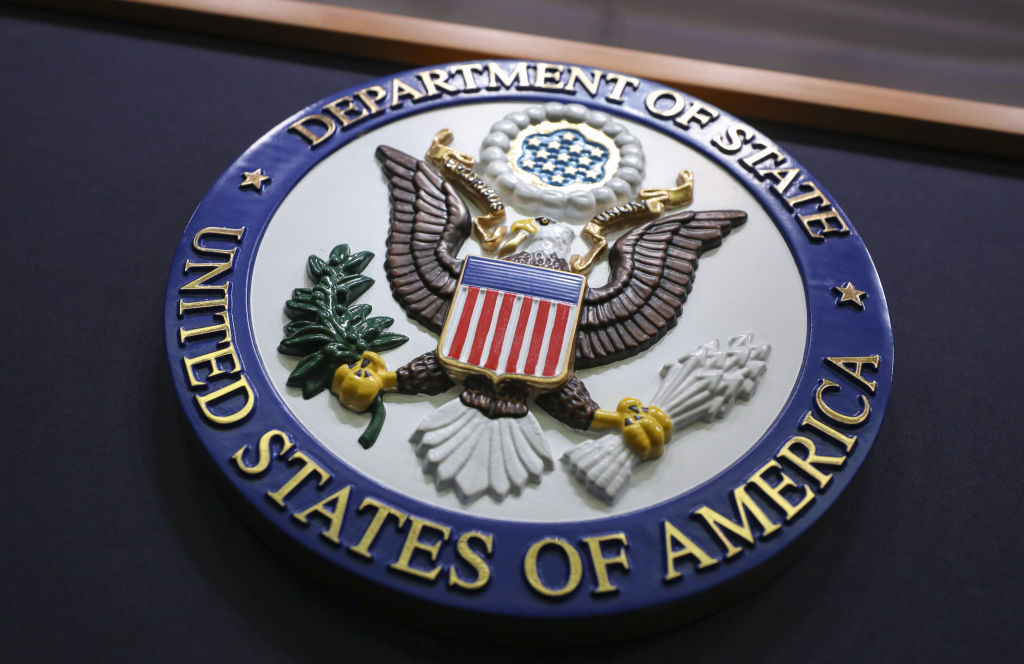It’s amusing to watch the Biden circus but frightening to consider that nobody’s in charge.
Czar Vladimir
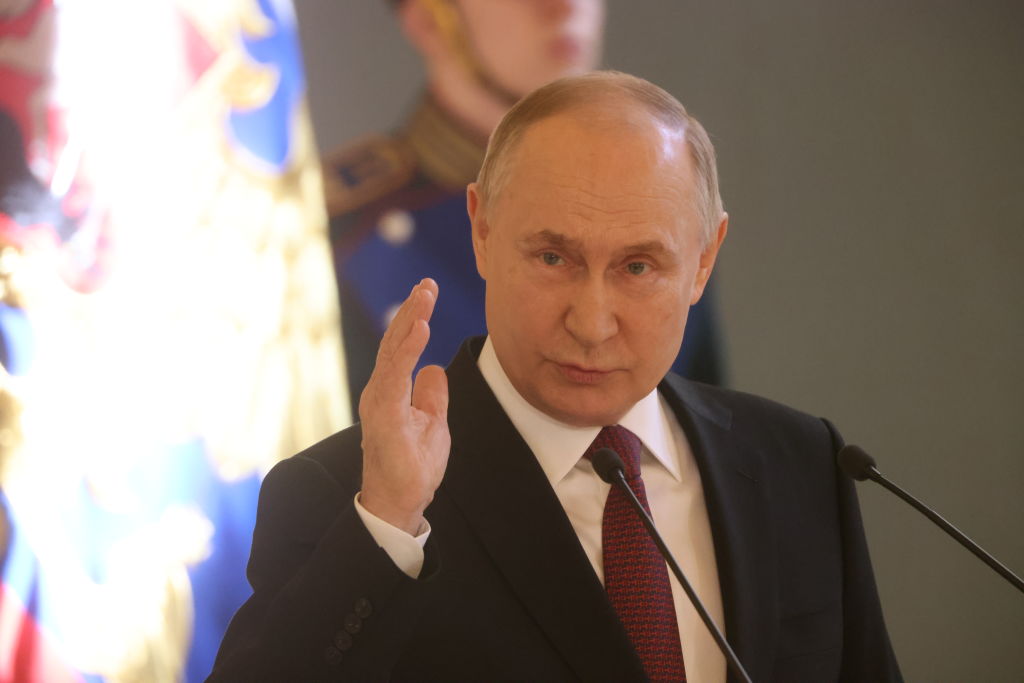
Putin’s election was flawed, but there is no doubt of his popularity.
That Russian President Vladimir Putin would win another term in office was an easy bet to make. He won with what appears to be 87 percent of the vote and—more surprisingly—with 74 percent turnout, breaking his own records from previous contests. Even if the election itself was as questionable as critics claim, the enthusiasm that ordinary Russians show for their strongman is real. Lack of democratic institutions in a nation like Russia is not to be mistaken for a lack of popular support, which should be taken seriously.
The election was not competitive. Liberal rivals like former First Deputy Prime Minister Boris Nemtsov and the anti-corruption activist Alexei Navalny were eliminated in the last decade. But by the time the two lost their lives, they presented no challenge to Putin. When he was assassinated in 2015, Nemtsov was a has-been, a holdover from the more liberal nineties past whose political activity was concentrated in the provincial Nizhny Novgorod. Navalny, who mysteriously perished in an Arctic penal colony last month, was never allowed to register his party and had virtually no name recognition outside of Moscow and St. Petersburg.
It’s true that they were dead, but they never stood a chance to begin with. Putin’s immediate move upon assuming the presidency in 2000 was to strengthen the power vertically. He brought to heel the oligarchs while simultaneously ending the popular election of governors. States in America serve as semi-sovereign “laboratories of democracy”; Russia’s vast stretches are ruled by Moscow’s appointees. The power is consolidated in the hands of a tight circle of Kremlin courtiers while Putin’s United Russia Party allocates parliamentary positions to obedient figureheads.
With state-controlled media setting the tone for public discourse, elections became a ritual exercise. Russians were excited to cast their votes for the man who’s been running the show for a quarter century. There is a sense of reassurance in Putin’s familiar presence and a feeling of belonging that forms with joint affirmation of the governing preferences of inhabitants of their vast nation. That feeling ties neatly in with Russia’s collectivist mindset, dating back to peasant communities, called mir, which translates as “world,” “community,” and “peace.”
Since all of Putin’s competitors finished, predictably, in the single digits, election night drama was minimal—just a handful of intransigent saboteurs staging lonely protests, like pouring ink into the ballot boxes. They, too, add to the perception of legitimacy of the 71-year-old’s hold on power—who would object to it but some desperate ankle biters? The president, by contrast, looks powerful and dignified.
I don’t want to suggest that Russians are particularly prone to manipulation or that they in no way personally benefited under Putin. After the breakdown of the USSR, the country was plunged into poverty and chaos. The Soviet market collapsed, oligarchs plundered resources and fought mafia wars, employers routinely left workers unpaid, drunks lay on every street corner, and the birth rate plummeted. Liberals failed to put an end to it, but Putin ushered in stability without jeopardizing post-socialist market reforms. Tucker Carson recently aired a segment in a Russian supermarket—the third decade into Putin’s rule, it doesn’t look much different from a Western grocery. The Soviet days of scarcity are gone and so is post-Soviet instability.
Moreover, Putin presided over Russia’s return as a major player on the world stage, securing the reunification with Crimea, the warm water port coveted by the relatively isolated empire—it’s Russia’s insurance against further breakdown, poverty, and irrelevance. All of it was accomplished without exacting significant personal sacrifices from most ordinary Russians—at least not compared to World War II, their perennial point of reference. Even if Putin’s election was a sham, Russians are proud of themselves and feel united behind their head of state.
That Russians are disappointed in the European and American model doesn’t hurt Putin’s project. His country feels bitter about what they see as their own humiliation in the years following the breakup of the USSR and especially the American role in the deteriorating relations with Ukraine.
Throughout his rule, Putin insisted that the nation he leads is only a developing democracy and that it has its unique path and must reject Western individualism. But what becomes of self-rule without individualism? Compared to the nineties, personal liberties are curtailed, the ability of the individual to effect change is minimized, but corrupt functionaries continue to extract bribes every step of the way. The Russian state protects its own power at the expense of individuals who may, like Navalny, challenge it, and the state has created mechanisms to prevent the emergence of such threats.
That Russian democracy is doomed became apparent in 2008 when Putin made a mockery of it. In order to circumvent constitutional term limits, he supported Dmitry Medvedev’s presidential candidacy, becoming the latter’s prime minister. No one doubted who was really in charge, and after Medvedev’s term expired, Putin formally assumed the presidency once again. The Russian voter rubber stamped the machinations.
From the 2024 vantage point, the fall of the Soviet Union made life better and wealthier for ordinary Russians. The wild decade immediately following the breakup is over, the rate of alcoholism and substance abuse is down. But family is still in decline, and the demographic outlook is gloomy. Russia’s current military triumphs in Ukraine and elsewhere may well be transitory. How to address these issues is for Russia’s future rulers to decide.
As a Soviet-born émigré, I’m disappointed but not overly concerned about Russia failing to develop into a democracy. Russians themselves are quite pleased with this arrangement. I am far more disheartened about the consolidation of power vertically stateside, and the slipping away of individual freedoms, and the general erosion of the American way of life of ordered liberty and individual self-sovereignty.
The American Mind presents a range of perspectives. Views are writers’ own and do not necessarily represent those of The Claremont Institute.
The American Mind is a publication of the Claremont Institute, a non-profit 501(c)(3) organization, dedicated to restoring the principles of the American Founding to their rightful, preeminent authority in our national life. Interested in supporting our work? Gifts to the Claremont Institute are tax-deductible.
The war is a disaster in every sense.
The increasing likelihood of an attack in the U.S. should make us consider how we will answer.
Leading neoconservative arguments for continuing U.S. involvement in Ukraine miss the mark.
The case for funding endless war in Ukraine is bankrupt.
How to understand—and rectify—the foreign policy disaster of 2024.

